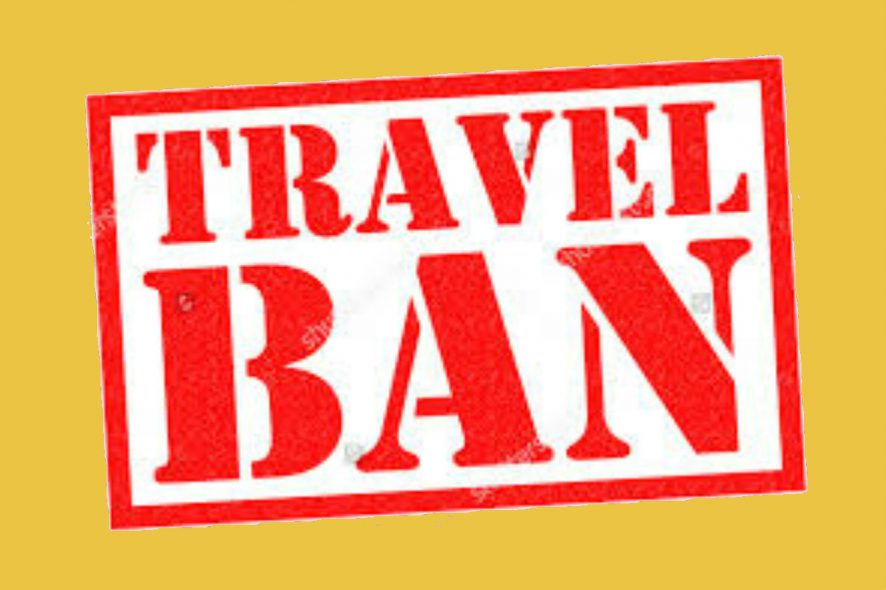United States Court of Appeals for the Ninth Circuit: After imposition of a nation-wide TRO against the travel ban executive order by President Trump, the Ninth US Circuit Court of Appeals also ruled that the TRO must stay in place and refused to reinstate the order banning travellers from seven countries. It was claimed by the appellants that any order by President was unreviewable by the Court. To this, the court observed that though such an order has not been reviewed earlier, but at the same time, there was no such precedent holding that the Court could not review it, especially when the order ran contrary to the fundamental structure of constitutional democracy. The Court also averred that although the courts must defer to interfere in president’s policy, but the federal judiciary retained the authority to adjudicate constitutional challenges to executive action.
The aim of the Court was only to rule whether the travel ban should be re-instated or not and did not rule on the claims of petitioner States that the order was in effect a Muslim-ban, based on religious discrimination. However, the Bench held that the evidence of President making statements calling the ban a Muslim Ban could be taken into account in future proceedings. The States had contended that the teaching and research missions of their Universities were being harmed because of the impugned order as the students and faculty would not be able to travel for research, academic collaboration and even, their families would not be able to visit the country. Based on the contention, citing the ‘third party standing’ doctrine, the Court held that such injuries to the State Universities gave the States standing to assert the rights of the students, scholars and the faculty to be adversely affected by the impugned order.
The Court took into account the shifting interpretations being given on the Executive Order subsequent to its execution. For instance, the court quoted that days after the executive order was issued, White House counsel Donald F. McGahn II issued “authoritative guidance” stating that Sections 3(c) and 3(e) of the Executive Order do not apply to lawful permanent residents. The three-Judge Bench unanimously said that at such a point, it was difficult to rely on what was said by the counsel as they observed that government had offered no authority to establish that the White House counsel is empowered to issue an amended order superseding the order signed by the President and finally rejected the emergency motion. [State of Washington; State of Minnesota v. Donald J. Trump, President of USA, Case No. 17-35105, order dated 09-02-2017]


